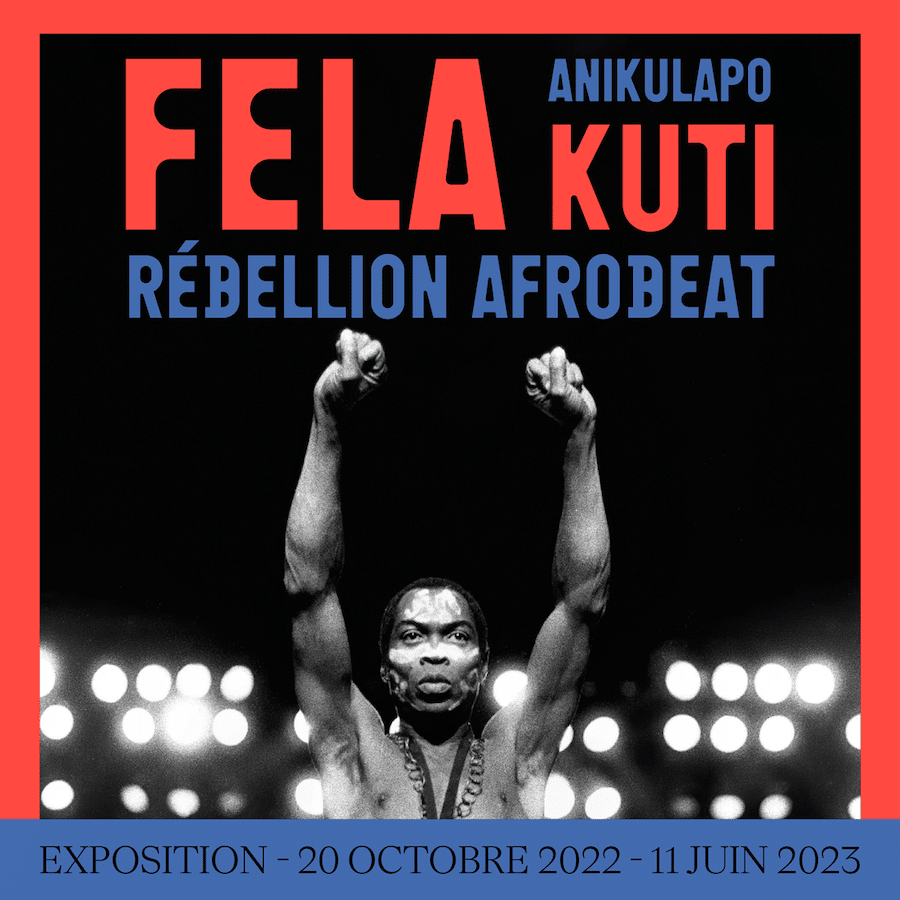
Rebel readers, afro readers, here are my impressions after a first visit of the exhibition “ Fela. Rébellion Afro Beat ” at the Cité de la Musique in Paris, France.
In the company of a faithful friend and subscriber to the blog(*), M.N, bilingual in French and Noruba, since he is a native of Benin, lived in Lagos, Nigeria in the 1970s and met Fela there. His impressions will be the subject of a second visit and a second article because this exhibition is for him a cure of youth, energy and freedom.
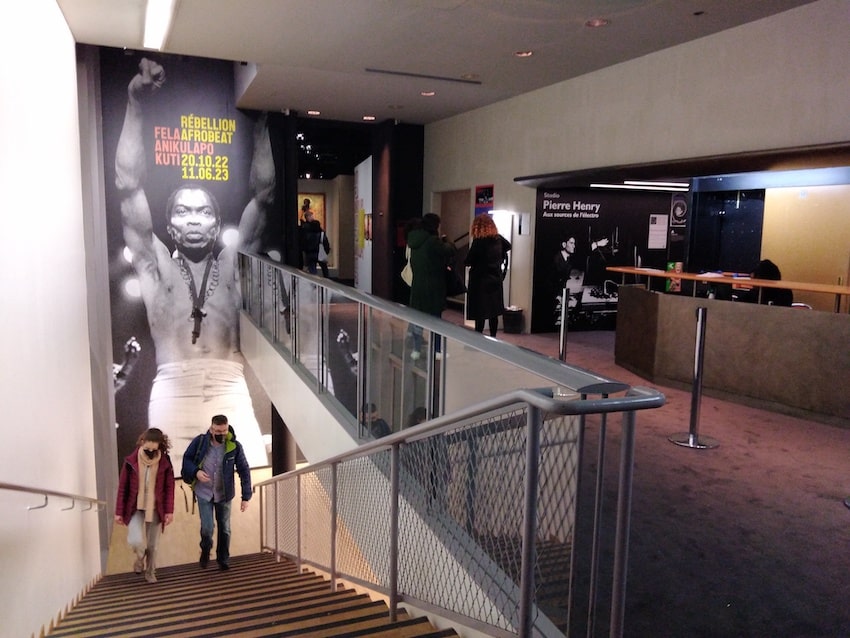
Fela does not come from the Lagos’ slums. His paternal grandfather was an Anglican minister, the first to record Christian hymns to Yoruba tunes in London in 1922. His father was a teacher and head of the Nigerian Teachers’ Union. His mother was a nationally and internationally recognised human and women’s rights activist. Her political education was therefore early.
Fela (1938-1997) took music lessons at Trinity College in London in the early 1960s: piano, trumpet, saxophone. The instruments of jazz. It was in London that he discovered Miles Davis, John Coltrane, Charlie Parker, Dizzy Gillespie, in short, modern jazz, which was not being played in the British colony of Nigeria (independence was declared on 1 October 1960).
“ It was after I was exposed to all this (in London) that I started to use jazz as a springboard to make African music ” (Fela).
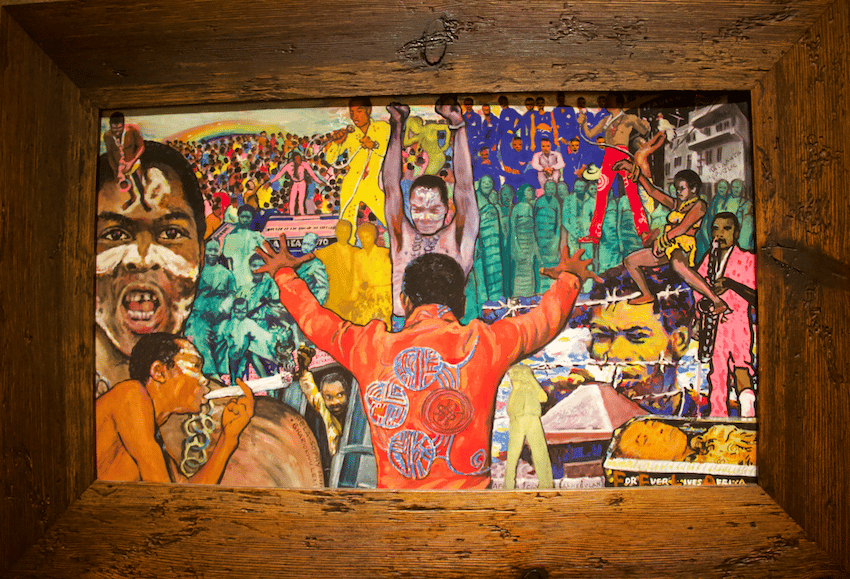
Young, with round cheeks, Fela looks a lot like the American boxer and activist Mohamed Ali. It was in the United States of America at the end of the 1960s that Fela completed his political education with the Black Panther movement. This is where his fists pointing to the sky in his concerts come from. Without a work visa, he could not play in America except at La Citadelle d’Haiti, the black club in Los Angeles. I pointed this out to a Haitian visitor. She will tell her father, who lived in the United States in his youth, about it.
Pour se faire connaître, Fela achetait des encarts publicitaires dans les deux grands quotidiens du Nigéria, . En plus d’annoncer ses concerts, il faisait passer des messages politiques. Fela est surnommé “ The Black President ” alors qu’il n’a jamais pu se présenter comme candidat à l’élection présidentielle au Nigéria. Sa parole était plus écoutée de la jeunesse que celle des dirigeants officiels. Ne pouvant créer un parti politique, il créa un mouvement de jeunesse, les Young African Pioneers.
To promote himself, Fela bought advertsin Nigeria’s two major newspapers, The Punch & The Daily Times. In addition to advertising his concerts, he also sent out political messages. Fela was nicknamed ‘The Black President‘ even though he was never able to run for president in Nigeria. His voice was heard more by the youth than by the official leaders. Unable to create a political party, he created a youth movement, the Young African Pioneers.
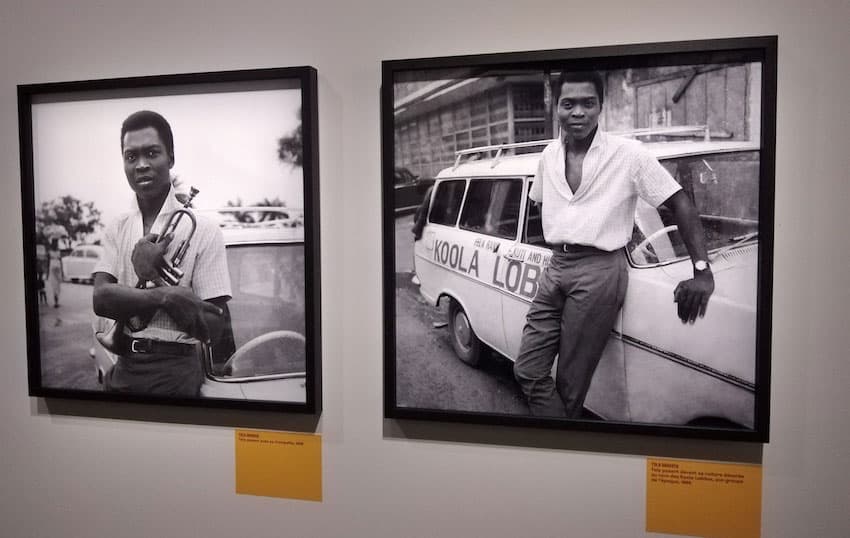
Fela changed his name to Africanise it. From Fela Ransome Kuti he became Fela Anikulapo Kuti (“The one who carries death in his pocket” ), name that fits well with his slogan “ Music is the weapon of the future “. At home, he created the Kalakuta Republic, self-proclaimed republic that was effectively outside the laws of Nigeria, especially martial law in the midst of a military dictatorship.
As for the military, he settles their score in several songs, including “Zombie“, where he makes fun of the way they walk, obeying orders like zombies (turn right, turn left, present arms, rest, etc).
“ My music is not there for entertainment. It is there to spread a message ” (Fela).
The same point of view as ‘Art Blakey & ses Jazz messengers ( “ We will always have the means to destroy the brick walls they build in front of us “. Art Blakey).
Après Dakar au Sénégal en 1966 (Duke Ellington était présent et y fut enregistré), Lagos au Nigéria accueillit en 1977 le 2e festival Panafricain des Arts. Fela créa alors un contre festival, tourné vers le peuple et non pas vers les officiels, où vinrent jouer Stevie Wonder, Archie Shepp, Sun Ra et son Arkestra et l’Art Ensemble of Chicago. Une semaine après la fin du festival, une fois les stars américaines parties, militaires et policiers nigérians, entrèrent dans la maison de nommée Kalakuta Republic, frappèrent les hommes, frappèrent et violèrent les femmes, jetèrent par la fenêtre du 1er étage Fenminayo Kuti, la mère de Fela, militante politique et syndicale de renommée internationale. Sa hanche fut déboitée et elle en mourut. En 1978, les mêmes policiers et militaires profitèrent d’une tournée en Europe de Fela pour brûler sa maison. Le coupable ne fut jamais retrouvé. C’était l’oeuvre d’un Soldat Inconnu… D’où la chanson “ Unknown soldier ” (1979) de Fela.
After Dakar in Senegal in 1966 (Duke Ellington was present and recorded there), Lagos in Nigeria hosted the 2nd Pan African Arts Festival in 1977. Fela created a counter-festival, oriented towards the people and not the officials, where Stevie Wonder, Archie Shepp, Sun Ra and his Arkestra and the Art Ensemble of Chicago played. A week after the end of the festival, once the American stars had left, the Nigerian military and police entered the house named Kalakuta Republic, beat the men, beat and raped the women, and threw Fenminayo Kuti, Fela‘s mother, an internationally known political and trade union activist, out of the first floor window. Her hip was dislocated and she died. In 1978, the same police and military took advantage of a European tour by Fela to burn down his house. The culprit was never found. It was the work of an Unknown Soldier… Hence Fela‘s song ‘Unknown soldier‘ (1979).
In addition to his independent Republic house, Fela also had his own concert hall in Lagos: a place of music, prayer and political activism, the Afrika Shrine. Since Fela‘s death, the New Afrika Shrine has been opened in Lagos, celebrating his memory and providing a venue for the young Nigerian scene. Images and videos from the old and new Shrine are included in the exhibition.
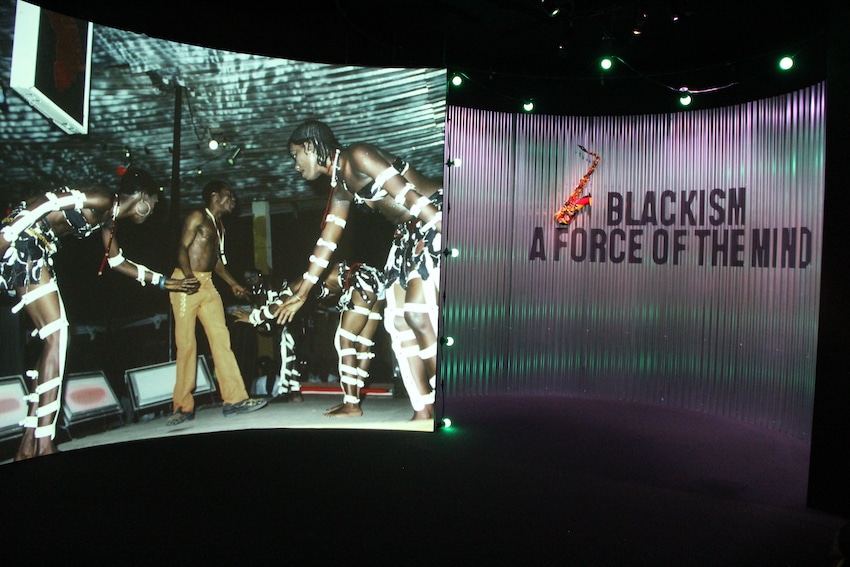
“ I was James Brown’s bass player and I was in the JB’s. I thought I was in the funkiest band in the world. Then Fela invited us to his house in Lagos, to the Shrine, for a concert by his band Afrika 70. We went into the room. As soon as the band started playing, I realised my mistake. The funkiest band in the world wasn’t us. It was them. ” (Bootsy Collins).
As the exhibition is for the general public, it does not explain a fact that is obvious to the eye and ear when watching and listening to Fela: the importance of sex in his life.
He married his 27 female backing singers in an African polygamous ceremony in 1977. Not taking precautions, he died of AIDS. The fact was not denied for long, as his doctor brothers explained it on Nigerian television, taking the opportunity to give the population a lesson in sex education. Fela‘s music has a relentless rhythm that lasts, lasts, lasts. Perfect for any endurance sport and for sexual activity too.
Anti-colonialist, Fela was not a feminist. The proof is that he was a polygamist. Dozens of women lived at his service, singing, dancing, cooking, shopping, cleaning and sharing his bed in turn. Some out of economic dependence, others out of fascination for the character.
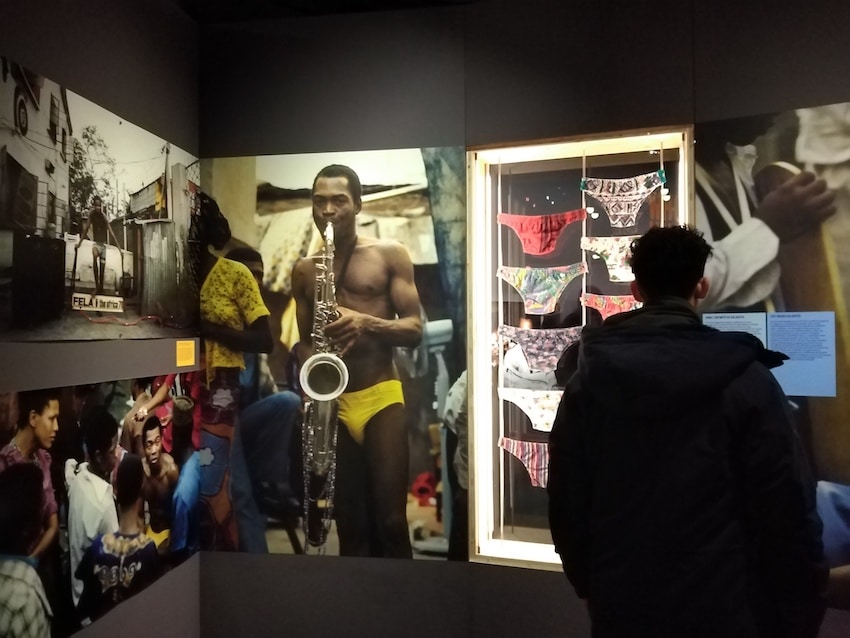
Fela‘s Afrocentrism is manifested in his name, his speeches, his readings and his clothing. The exhibition has a fine collection of stage outfits and briefs made in Nigeria. Fela was slim, contrary to the African tradition of a rich man being fat because he could eat more than he needed. Wearing briefs allowed him to show off his slender body and the marks of the beatings he received from the Nigerian police and military. The exhibition of his body was therefore a challenge to the military dictatorship regime in Nigeria at the time. In addition to being a sexual object for his female fans.
As a matter of principle, Fela did not agree with the regime in Nigeria, the most populous and richest country in Africa. “No agreement today, no agreement tomorrow‘. See audio extract:
After the 1970s in Africa (Nigeria, Ghana, Cameroon), Fela played more and more in Europe in the 1980s. The band Afrika 70 became Egypt 80 with a more symphonic sound. When a critic criticised Fela for playing 30-minute songs, he replied: “Do you blame Beethoven for writing symphonies that are too long? “.
There are many other visual and audio wonders to be discovered in the exhibition “ Fela. Rébellion Afro Beat ” at the Cité de la Musique in Paris, France, until Sunday 11 June 2023.
The video below this article was recorded at the Berlin Jazz Festival (FRG), 1978 edition. This edition does not include Fela’s political speech that introduces the concert and the song “Pansa Pansa“. A title that is not Yoruba but ‘broken English‘, the English of the streets of Lagos.
Your translation is welcome, Rebel readers, Afro readers. According to the principles established by the great jazz orchestras (The World started with a Big Band!), the musicians all wear the same outfit, except for the conductor who stands out.
To be seen and listened to in full, on the big screen, with French subtitles in the exhibition “Fela. Rébellion Afro Beat” at the Cité de la Musique, in Paris, Ile de France, France, until Sunday 11 June 2023.
Exposition at La Philharmonie de Paris, from October, 20 2022 to June, 11 2023. Closed on Mondays.
(*) : Guillaume Lagrée’s blog, Le Jars Jase Jazz is visible here. Guillaume Lagrée also hosts the programme of the same name, le Jars Jase Jazz, every Monday a 10:00pm and on Friday at noon, on Couleurs Jazz Radio.
©Photos Ndiagne Adechoubou
Translated with the help of DeepL
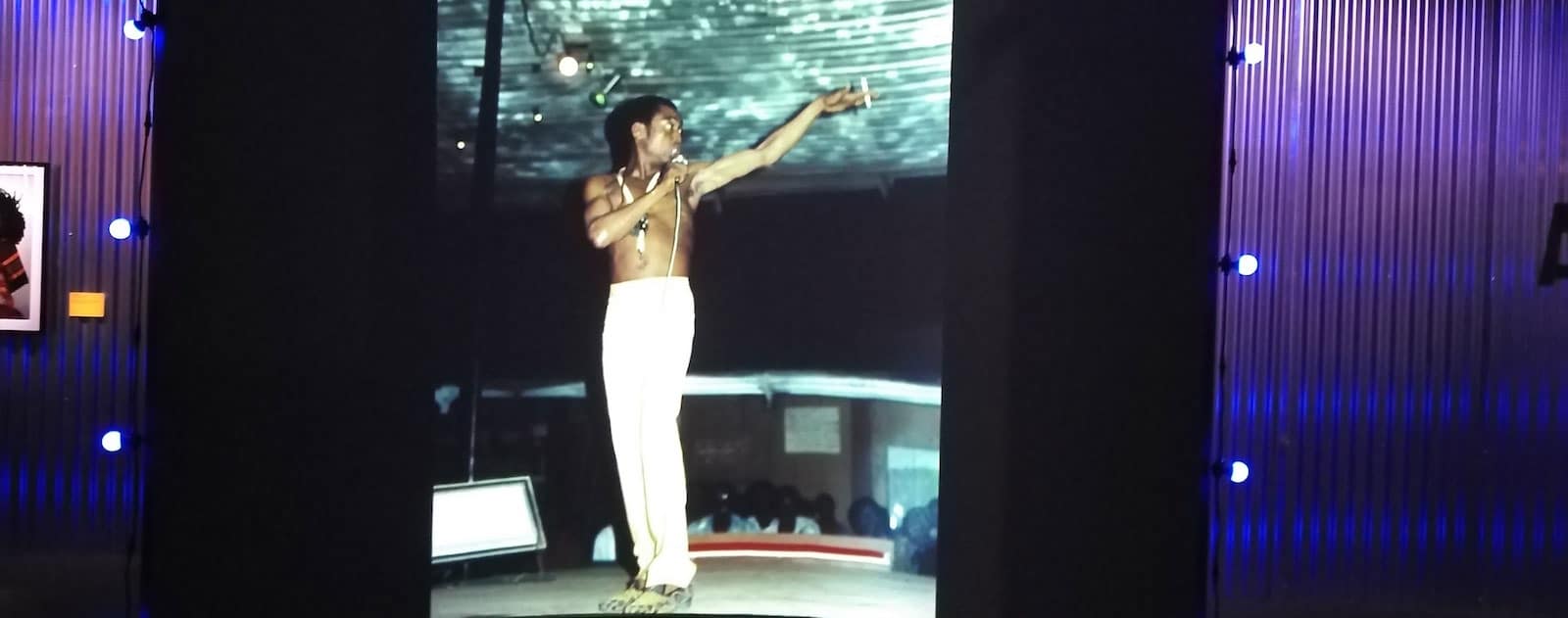




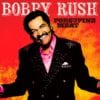
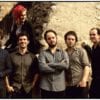
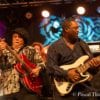
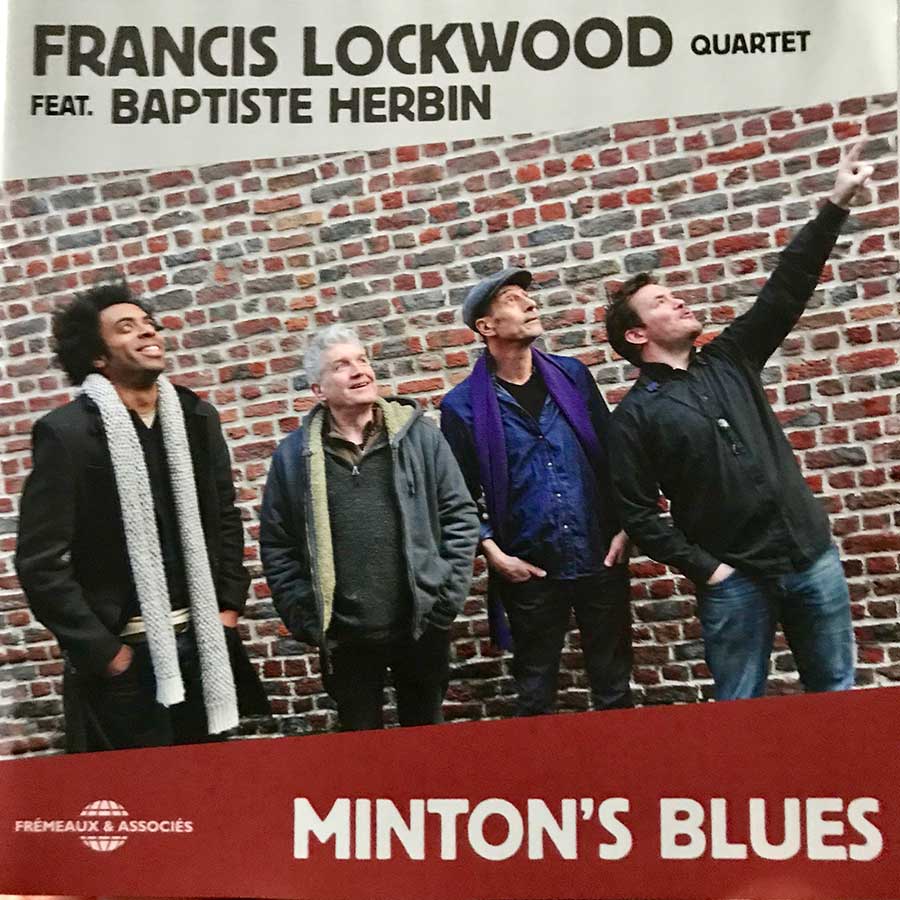

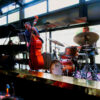
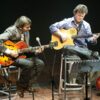
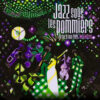


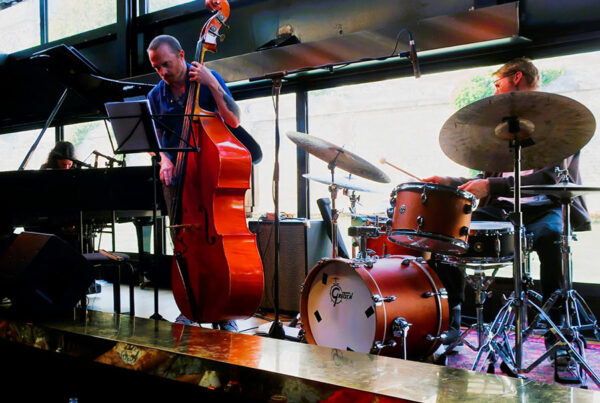
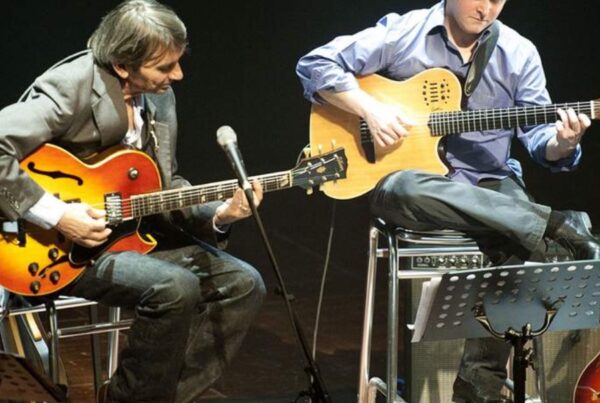
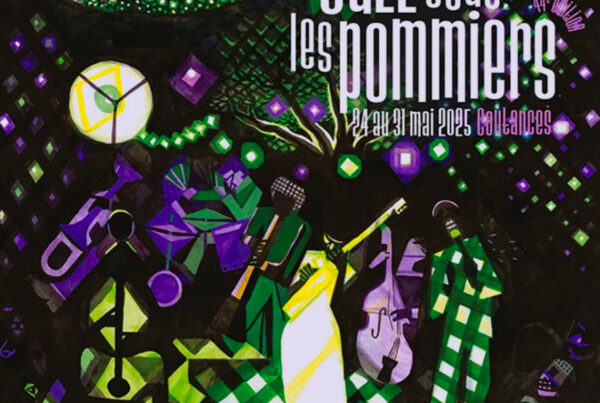


RECENT COMMENTS